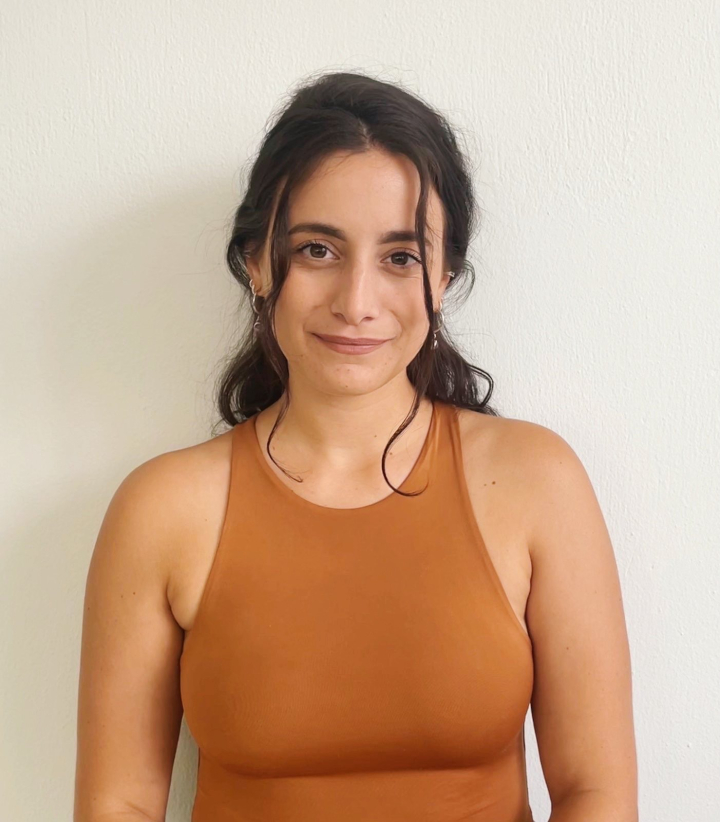UMD Alum Eleftheria Briakou Wins Best Thesis Award for Machine Translation Research
Eleftheria Briakou (Ph.D. ’23, computer science) recently received the Best Thesis Award from the Association for Machine Translation in the Americas (AMTA). Now a research scientist at Google, Briakou was recognized for her dissertation, "Detecting Fine-Grained Semantic Divergences to Improve Translation Understanding Across Languages," which was commended for its innovative approach and significant contributions to machine translation.
Briakou’s advisor, Associate Professor Marine Carpuat, guided her work, which addresses key challenges in translation by developing methods to automatically detect subtle meaning differences between translated texts. These fine-grained semantic divergences—small but significant variations in meaning—pose challenges for human and machine translators. Briakou’s research explored how detecting these differences could improve translation accuracy, particularly for complex texts.
In her dissertation, she developed algorithms to flag meaning shifts, helping to identify translation errors that might otherwise be overlooked. This work is especially relevant as artificial intelligence-powered systems are increasingly relied upon to translate legal, medical and technical documents, where accuracy is crucial.
Briakou highlighted the importance of her research, given advancements in artificial intelligence and machine learning.
"As translation systems' quality continues to improve, detecting fine-grained meaning differences becomes increasingly critical," Briakou said. "This is particularly important in light of the emergence of Large Language Models (LLMs). These models exhibit remarkable fluency, which can occasionally lead to over-reliance. Additionally, LLMs are progressively capable of translating lengthy texts. In such scenarios, developing automatic tools that can help humans detect even localized meaning differences becomes essential, as humans might easily overlook such differences due to the highly fluent outputs or the sheer volume of text."
Briakou’s current work at Google builds on her dissertation research, focusing on applying large language models to translation tasks.
"In my new role as a research scientist at Google Translate, my primary focus remains machine translation, particularly within the realm of Large Language Models," Briakou shared. "Currently, my research centers around reimagining machine translation as a process that involves modeling intermediate reasoning steps that explain translation decisions."
As she reflected on the significance of the recognition, she acknowledged the people who played a crucial role in her success.
"Receiving this award is a true honor, and it wouldn't have been possible without the incredible support I've received throughout my Ph.D. journey," she said. "I am deeply grateful to all the wonderful mentors and collaborators who have contributed to my growth. In particular, I want to thank Marine for her invaluable guidance in steering me towards this research direction and the CLIP lab for fostering such a positive and supportive research environment."
About the Association for Machine Translation in the Americas:
The AMTA is part of the International Association for Machine Translation (IAMT), a global organization supporting machine translation research. Founded in 1991, AMTA represents North America and collaborates with its sister organizations, the Asian-Pacific Association for Machine Translation (AAMT) and the European Association for Machine Translation (EAMT). Together, these groups promote collaboration among researchers and practitioners, offering a platform for sharing developments in translation technology.
—Story by Samuel Malede Zewdu, CS Communications
The Department welcomes comments, suggestions and corrections. Send email to editor [-at-] cs [dot] umd [dot] edu.
